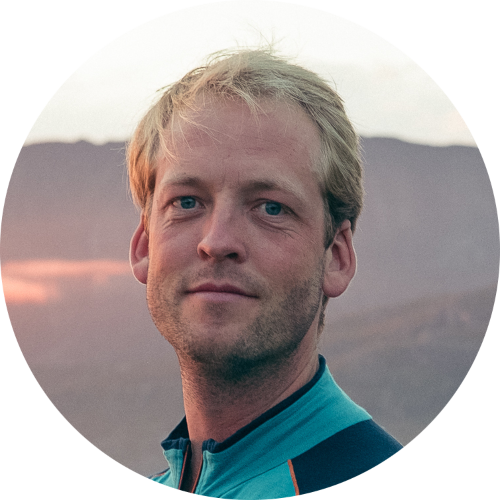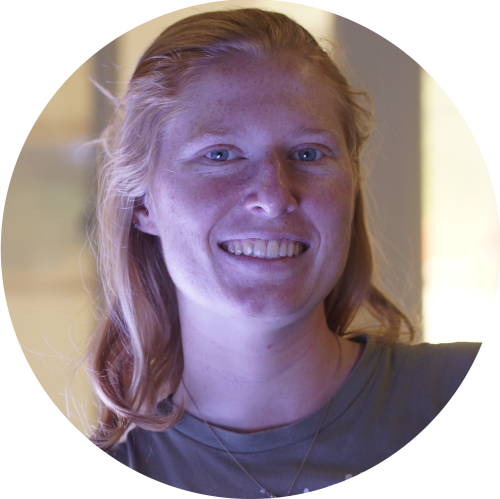PostDoc Wanted!
I am seeking a postdoctoral researcher to join the multidisciplinary project “Building Shells: Towards a Mechanistic Understanding of Biomineralisation” funded by the Leverhulme Trust.
Applications:
Applications for this position are now closed. Please see our jobs page for other opportunities.
Project Context
This postdoctoral position is part of a large, cross-disciplinary project involving numerous international collaborators, three postdoctoral researchers and three PhD students over the next five years. The project will bring together physiological, geochemical and computational approaches to advance our understanding of biomineralisation mechanisms.
The successful candidate will work alongside the PI, a PhD student, and an international team of collaborators to grow marine calcifying organisms (corals, foraminifera, coccolithophores) under controlled conditions in laboratory and field settings, and measure the response of their transcriptome and physiology to these conditions. The culture conditions will be designed to examine the pathways of ion transport and processes of crystal growth in biomineralisation, and will push organisms beyond conditions they experience in the wild. The influence of these conditions on the rate of calcification and the activity of genes known to be related to ion transport pathways and mineralisation processes will be of particular interest.
As well as being of interest in their own right, these data will feed into a larger programme of geochemical measurements of biomineral composition, which together will inform computational modelling of biomineralisation processes.
Project Aims
The overall goal of this project is to work out which biochemical mechanisms are linked to the formation of skeletal material in diverse marine calcifiers. We’re planning to do this by growing these organisms under a wide range of conditions designed to produce variable calcification rates, then measuring the up- or down-regulation of biochemical pathways in response to these conditions. Alongside measurements of calcification, respiration and photosynthesis rates, this will allow us to infer which pathways are most important for biomineralisation.
The project will involve working with marine organisms in laboratory culturing systems, work as well as in the field in Taiwan (read about our last trip here!).
Applications
We are seeking a candidate with a PhD in the broad area of Biology, Physiology and Transcriptomics, with PhD-level experience in one or more of (i) marine microbiological methods in complex systems, (ii) measuring and interpreting the transcriptome of marine organisms, and (iii) working with bioinformatic tools to interpret changes in transcription between experimental groups. Experience working with marine organisms in controlled aquaria, and a willingness to work alongside researchers from diverse research backgrounds are also desirable.
The research will involve lab- and field-based experiments, and use measurement equipment across the University (notably the Cambridge Advanced Imaging Centre and the Wellcome-MRC Institute of Metabolic Science). Corals, coccolithophores and benthic foraminifera will be grown and studied in laboratory settings in Cambridge and Oxford; planktic foraminifera will be studied during fieldwork at the Green Island Research Station, Taiwan. All necessary training will be provided, and the candidate will be mentored and supported in developing their career and research interests. The logistical constraints of the research will require the successful candidate to be based in Cambridge.
The successful candidate would available to on or before the 1st January 2024. The post will end 3 years after the start date.
Applications for this position are now closed.




